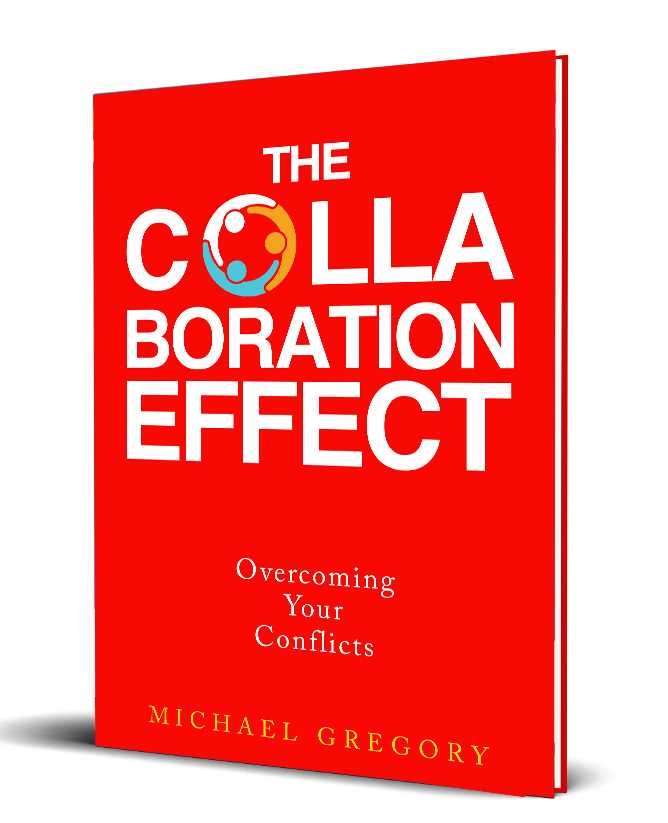
This is Thanksgiving eve! What does Thanksgiving mean to you? Does it mean family, friends, and fellowship? For most Americans it does. What is it we are celebrating? We know about the historical first Thanksgiving in 1621. But what is Thanksgiving to us today. It is a time for reflecting and for being grateful. Think about how that makes you feel. Would you like to feel like that every day?
Now I am going to suggest that reflecting just 5 minutes a day for what you are thankful for can actually have a positive impact on the brain and can actually make you happier. That’s right. Don’t take my word for it, instead let’s explore what neuroscience has to say about this phenomena. Then I am going to suggest that you reflect on what you are grateful for just 5 minutes a day. You can do this while looking in the mirror and getting ready for your day, or on your way to work, or at some other point preferably near the start of your day. When you do, your whole outlook on life will improve. Don’t take my word for it check out neuroscience.
I am going to suggest you check out the Greater Good from the University of California at Berkeley. The information they have is based on neuroscience. Explore the site. Note the many great ideas they have. Then I am going to suggest that you enter “Grateful” in their search engine. Wow! Look what comes up…
Find the definition of “grateful” and “why gratitude is good”
Find out the habits of grateful people and read commentary from someone that is terrible at it.
“Processing a life experience through a grateful lens does not mean denying negativity. It is not a form of superficial happi-ology. Instead, it means realizing the power you have to transform an obstacle into an opportunity. It means reframing a loss into a potential gain, recasting negativity into positive channels for gratitude.
That’s what truly, fantastically grateful people do. Can you?”
Psychologists suggest keeping a grateful journal can provide all sorts of benefits.
“Physical
• Stronger immune systems
• Less bothered by aches and pains
• Lower blood pressure
• Exercise more and take better care of their health
• Sleep longer and feel more refreshed upon waking
Psychological
• Higher levels of positive emotions
• More alert, alive, and awake
• More joy and pleasure
• More optimism and happiness
Social
• More helpful, generous, and compassionate
• More forgiving
• More outgoing
• Feel less lonely and isolated.”
Don’t take gratitude for granted. Explore what is being done to promote this process worldwide.
Explore the research on children. Read the commentary and be a model for your children. Say please and thank you. Share. Spend time with your children, laugh and demonstrate empathy, concern and gratefulness. Help yours and other children understand the importance of caring and sharing with others.
Learn why it is important to raise grateful children.
“Grateful kids are kinder.”
“Grateful teenagers are happier and get better grades.”
“Grateful kids become stewards of the environment.”
These are three good reason to raise children that are grateful.
And finally here are ten ways to become more grateful.
- Keep a Gratitude Journal. Establish a daily practice in which you remind yourself of the gifts, grace, benefits, and good things you enjoy.
- Remember the hard times that you have experienced.
- “What have I received from __?”, “What have I given to __?”, and “What troubles and difficulty have I caused?”
- Learn and practice spiritual prayers of gratitude.
- Use all of your senses to experience gratitude.
- Use visual reminders to trigger gratitude
- Vow to practice gratitude.
- Watch your language and reflect on those that have given to you.
- Say thank you. Write thank you notes.
- Look for new ways to feel grateful.
I normally keep everything on this blog very secular, but at the Thanksgiving Eve service at my church our Pastor told us a story. I cannot do nearly as good a job as she did, but I will share with you what I have as take aways that I think may help you too. She told us that a few years ago she was ministering to a young man her age who was dying. He was an alcoholic. He was not willing to give up alcohol. His liver was failing. As such he was not able to receive a liver transplant to live. He accepted his fate. His mother came every day and read a devotion from a devotion book she had. One day he died. The mother was grief stricken. She asked our pastor to simply read the devotion that came up that day and preach a nice homily around the passage. The mother had not read the daily devotion since her son died. Our pastor opened the tear filled pages and read the passage for the day he died, June 22nd. The passage was Philippians 4 versus 4 to 6 which is all about rejoice. Rejoice at a time like this?
From my Contemporary English Bible it states “Always be glad because of the Lord! I will say it again: Be glad. Always be gentle with others. The Lord will soon be here. Don’t worry about anything, but pray about everything. With thankful hearts offer up your prayers and requests to God.”
She did not want to preach on this at his funeral. She reached out to more experienced colleagues. This was this mother’s darkest moment. She was experiencing tremendous sorrow. What should this pastor do? After prayer, reflection and speaking with others she decided to preach on the blessing of having had her son her on earth for 25 years. That we need to be grateful for the support and love of God and for the support and love of this mother’s church community through this sad time. Giving thanks will have power over sorrow. The Psalms provide many examples of this.
Yes, we have plenty of worries personally and with all of what is in the news each day here and around the world. So what should we do to overcome our sorrow? Our pastor shared other stories, but more than I care to go into here. These were not Pollyanna commentaries about just be happy, but very real commentaries about very real people. The jest of this commentary was to pray and ask God for help and for us to give more, give more love to others and serve others. We need to practice gratitude and service. By taking these actions we can overcome sorrow.
Given what I heard tonight and what we know about neuroscience, I wanted to provide you a broader look on how I look at the world and hopefully this can help you too. Practice gratitude.
With that enjoy Thanksgiving. Learn from these experiences and consider applying these ideas in your life going forward. I am blessed in so many ways. Once we start reflecting on the many ways in which we are blessed, we can’t help but feel better about ourselves, our family, our friends, our community and the world.
Have a happy thanksgiving day every day. If you live every day like today is your last day someday you will be right. Life is not about how many breaths you take, but about what you do with those breaths. Considering loving more and being of service towards others. If this struck a cord with you, please share this with someone else. Thank you for letting me indulge in part of my faith story this evening. I will continue to focus on secular commentary in the future
Peace and Happy Thanksgiving!
About the author
Mike Gregory is a professional speaker, an author, and a mediator. You may contact Mike directly at mg@mikegreg.com and at (651) 633-5311. Mike has written 12 books (and co-authored two others) including his latest book, The Collaboration Effect: Overcoming Your Conflicts, and The Servant Manager, Business Valuations and the IRS, and Peaceful Resolutions that you may find helpful. [Michael Gregory, ASA, CVA, MBA, Qualified Mediator with the Minnesota Supreme Court]

